|
In her first public appearance since leaving office, former German Chancellor Angela Merkel defended Berlin’s Russia policy during her 16-year tenure and expressed confidence in her successor, Olaf Scholz.
Judging by the newspaper headlines following her statements, there apparently was an expectation that she would apologise and take some responsibility for the Russian invasion of Ukraine, due to her policy of close economic and political cooperation with Moscow. Continue reading. There is a "deafening" media silence on protests around the world protesting against the elites, according to Webster University Assistant Professor Ralph Schoellhammer. A popular uprising of working-class people against the elites and their values is underway—and it's crossing the globe. There is a growing resistance by the middle and lower classes against what Rob Henderson has coined the "luxury beliefs" of the elites, as everyday folks realize the harm it causes them and their communities.
Continue Reading.  Can a country truly change overnight? Having cultivated a national culture that is inherently suspicious of intervening in foreign conflicts after 1945, the war in Ukraine seemed to have caused a fundamental shift in the way Berlin sees its position in the international order. Within days of the Russian invasion chancellor Scholz declared to ramp up defence spending above 2% of GDP and dedicating an additional 100bn euros to the German armed forces.
Continue Reading. Twenty four hours ago, British Prime Minister Boris Johnson told CNN's Jake Tapper that he thinks "reports of the death of democracy in the United States are grossly, grossly exaggerated." This was of course before Tuesday's revelations during the January 6 committee hearings, which demonstrated how far Donald Trump was willing to go to hold on to the presidency.
Continue reading. Napoleon’s foreign secretary Charles-Maurice de Talleyrand-Périgord once said that “A diplomat who says ‘yes’ means ‘maybe,’ a diplomat who says ‘maybe’ means ‘no,’ and a diplomat who says ‘no’ is no diplomat.”
Talleyrand died in 1838, but the passage of time hasn’t diminished the truth of his words. From debates about an energy embargo against Russia or the prospects of European Union membership for Ukraine, European diplomats are dealing in the art of the diplomatic “maybe.” High-ranking EU representatives are regularly visiting Kyiv and promising President Volodymyr Zelensky immense military, economic and diplomatic aid. These promises will be hard to keep once they collide with the cold realities of European politics and the national interests of EU member states. Continue reading. Russian President Vladimir Putin has gravely miscalculated. If he thought that he would be welcomed as a savior for invading eastern Ukraine and greeted with a parade of flowers, Anschluss style, Putin wildly underestimated the willingness of the Ukrainian people to fight for their independence. Meanwhile, Europe and the U.S. have united in their opposition to the invasion, levying heavy sanctions on Russia and sending weapons and other assistance to the greatly outnumbered Ukraine. Continue reading. Europe's celebration of Joe Biden's victory is premature - The Jerusalem Post, November 24th, 20209/4/2022 A sigh of relief was heard from Madrid to Berlin after it has become clear that Joseph Biden will be the 46th president of the United States, following four turbulent years of Donald Trump in the White House. This should not come as a surprise, since the relations between the US and most of the EU member states have been tense, to formulate it mildly. Nonetheless, as a consequence of the Trump administration’s “America First” policy and the global COVID-19 pandemic, facts on the ground have been created that will make a return to pre-Trump relations between both sides of the Atlantic impossible. Continue to full article. With the number of migrants from Africa trying to cross the Mediterranean bound to increase over the next few months, Europeans once again demonstrate the usual divisions and helplessness since the refugee crisis started to hit Europe in 2015. Amid pleads from the United Nations and the European Union to increase the efforts to rescue vessels bound for the Greek and Italian islands and an increasingly hardening stance in Eastern and Southern Europe, especially in the persona of Italy’s right-wing Interior Minister Matteo Salvini, long term solutions are scarce on the ground. Continue to full article. |
Op-Eds and InterviewsThis is a collection of all my English-Language Op-Eds and Appearances ArchivesCategories |

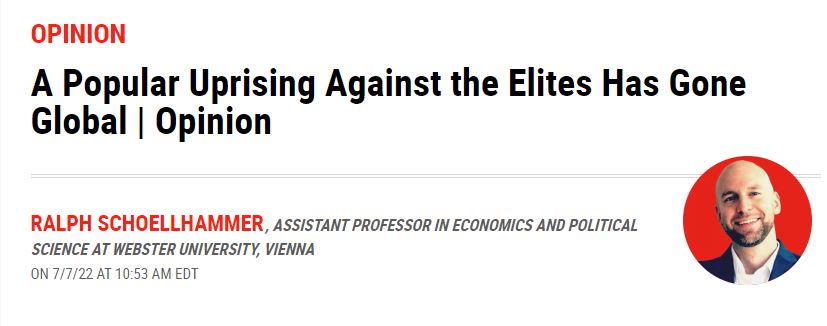

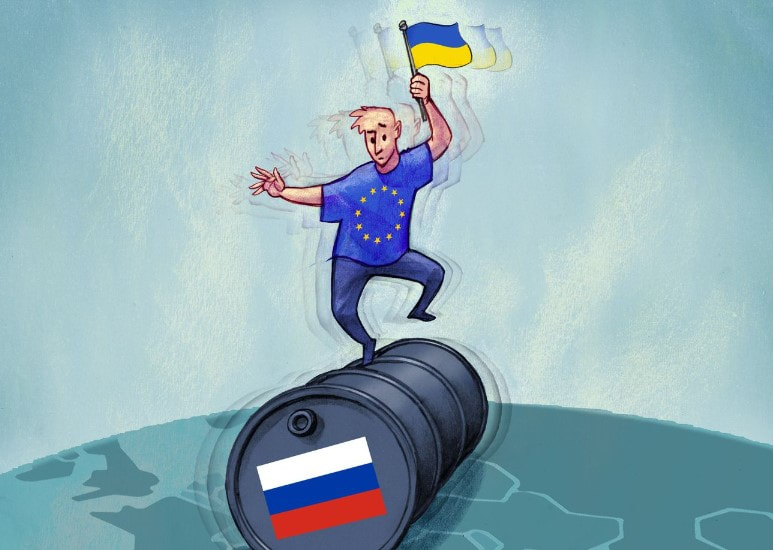
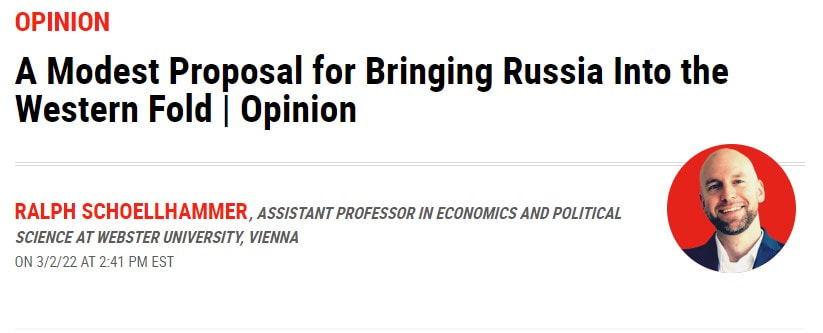
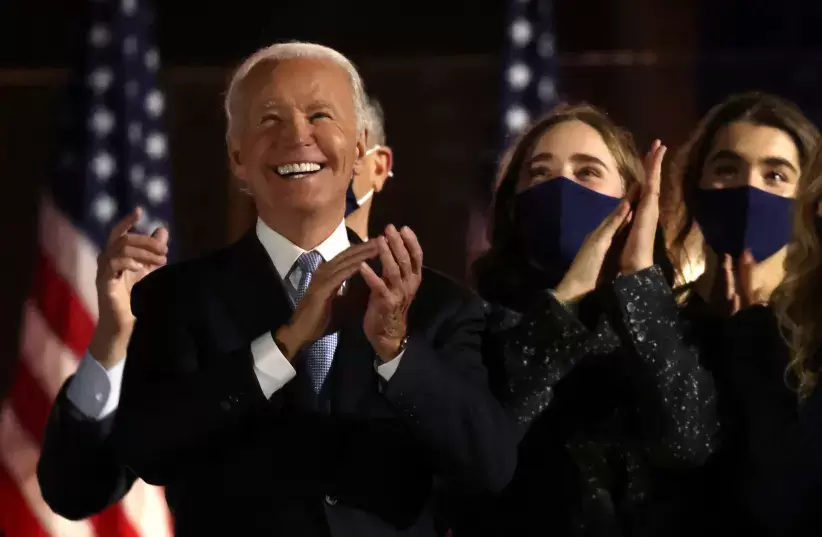
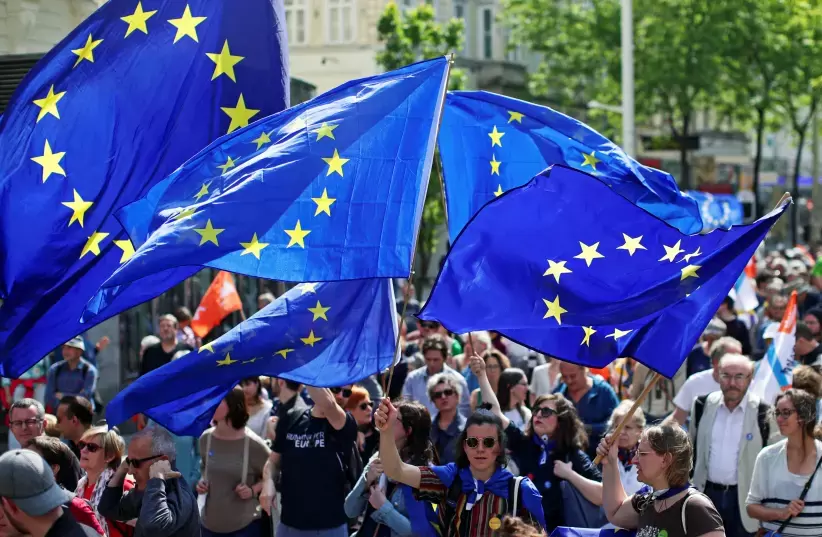
 RSS Feed
RSS Feed